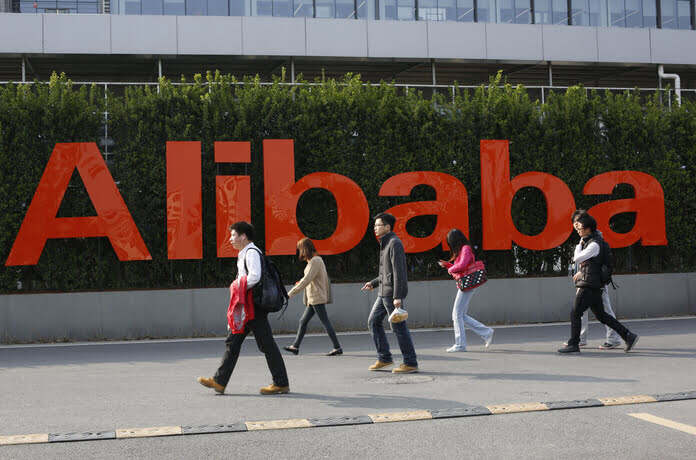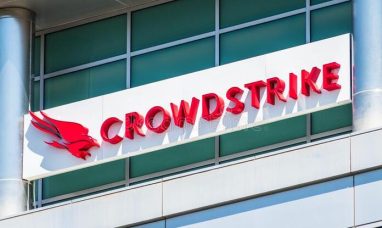Alibaba (NYSE:BABA) has unveiled plans to make its artificial intelligence (AI) model, Tongyi Qianwen, accessible to the public following regulatory approval in China. Tongyi Qianwen, a large language model (LLM), akin to Microsoft’s ChatGPT developed by OpenAI, has been integrated into various Alibaba business applications, including the workplace communication app DingTalk and the smart speaker Tmall Genie. Additionally, an open-source version of this LLM may be offered for free commercial use.
Alibaba has already begun securing deals from companies such as OPPO, Taobao, DingTalk, and Zhejiang University, all seeking to train and develop their own LLMs based on Tongyi Qianwen.
This move aligns with Alibaba’s commitment to bolster its generative AI efforts. The company recently launched Tongyi Wanxiang, an AI image generation model capable of producing detailed images in diverse styles, such as watercolors, oil paintings, animations, sketches, flat illustrations, and 3D cartoons. These efforts are poised to strengthen Alibaba’s position in the burgeoning generative AI sector.
The global generative AI market is on a rapid growth trajectory, with estimates suggesting it could reach $43.87 billion by 2023 and surge to $667.96 billion by 2030, boasting a CAGR of 47.5% between 2023 and 2030, according to Fortune Business Insights. Another report by Grand View Research predicts a CAGR of 35.6% for the global generative AI market during the 2023-2030 forecast period. Alibaba’s strategic moves in this promising market are likely to bolster investor confidence.
Despite these developments, Alibaba has faced challenges, with a modest 0.1% decline in its year-to-date performance, lagging behind the industry’s growth rate of 46.4%. Macroeconomic uncertainties have been a key concern for the company in recent quarters.
Furthermore, Alibaba’s expansion into generative AI brings it into competition with industry heavyweights like Microsoft, Amazon, and Alphabet (Google), all of which are actively enhancing their generative AI capabilities. Microsoft, for instance, is integrating OpenAI’s GPT-4 into its search engine Bing and browser Edge, while Amazon leverages Amazon Bedrock for generative AI and offers the AWS Generative AI Innovation Center program for customers worldwide. Alphabet’s Google is also advancing in this field with its chatbot, Bard, and consulting services to support generative AI adoption.
In this competitive landscape, Alibaba’s Tongyi Qianwen initiative positions itself well to contend with these tech giants in the generative AI arena.
Featured Image: Megapixl









